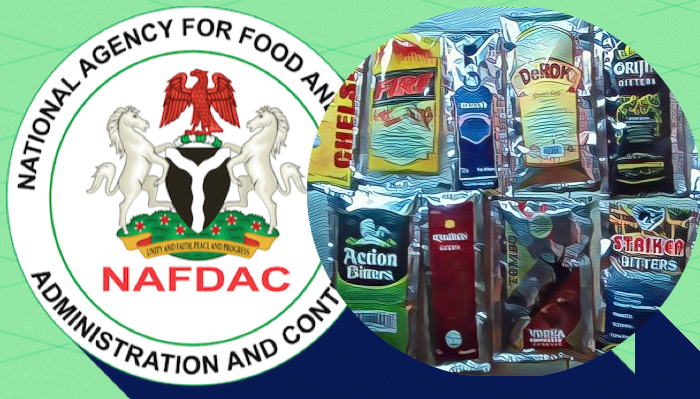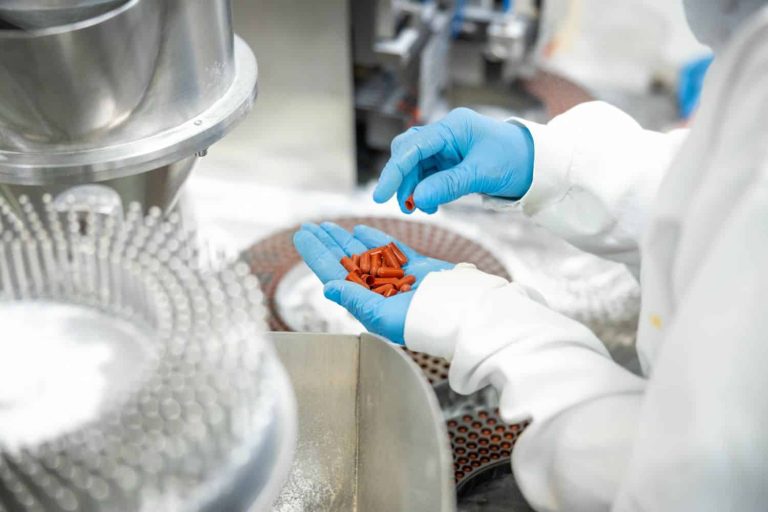
The World Health Organization (WHO) has issued a grave alert indicating that antimicrobial resistance (AMR) is now claiming more lives in sub-Saharan Africa than HIV/AIDS and malaria combined. Dubbed a “silent pandemic,” AMR poses a significant threat to global health achievements over the past decades.
In a statement marking the 2025 World Antimicrobial Resistance Awareness Week (WAAW), which takes place annually from November 18 to 24, Dr. Mohamed Janabi, WHO Regional Director for Africa, emphasized the urgent need for action.
“Antimicrobial Resistance is silently eroding decades of health progress. Medicines that once effectively treated infections are losing their efficacy. AMR is a concern for everyone,” Dr. Janabi warned. “Inaction is not an option. AMR is a present reality, and we must respond without delay.”
Dr. Janabi presented alarming data underscoring the severe impact of drug-resistant infections on the continent. In 2019 alone, AMR was directly responsible for 1.27 million deaths worldwide, with sub-Saharan Africa experiencing the highest mortality rates.
The major contributors to these fatalities include strains such as Streptococcus pneumoniae, Klebsiella pneumoniae, E. coli, and Staphylococcus aureus, each associated with over 100,000 AMR-related deaths.
In a further demonstration of the crisis, an estimated 1.14 million AMR-related deaths were reported globally in 2021, with Africa once more being disproportionately affected.
“This is not a far-off crisis; it is here now and causing significant morbidity and mortality in our region,” Janabi stressed.
According to the WHO chief, the inappropriate use of antibiotics in humans and animals, poor water and sanitation systems, and limited diagnostic capacity are accelerating the spread of resistant infections across Africa’s 47 Member States.
He emphasized that education and awareness must underpin all AMR response efforts:
“Understanding AMR is key to catalysing positive behaviour change. Addressing the misuse of antimicrobials begins with strong education.”
Janabi highlighted ongoing efforts by African governments, supported by WHO and quadripartite partners (FAO, UNEP, WOAH, Africa CDC and AU-IBAR):
All 47 African countries now have multisectoral National Action Plans on AMR.
25 countries (53%) are using WHO’s Global Antimicrobial Resistance and Use Surveillance System (GLASS).
Over 220 officials from 20 countries have received leadership training to strengthen AMR governance and coordination.
“These gains show the power of accurate data, national commitment and cross-sector collaboration,” Janabi said.
Call to Governments, Health Workers, Communities and Youth
The WHO Regional Director issued a broad call to action:
For Governments:“Prioritize sustainable funding and translate commitments into domestic financing.”
For Health Professionals: “Prescribe responsibly and uphold infection prevention standards.”
The WHO’s stark messaging serves as a call to action for governments, healthcare systems, and communities to prioritize the fight against antimicrobial resistance, as the ramifications threaten not only individual health but the integrity of healthcare systems across the region.



